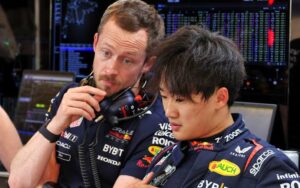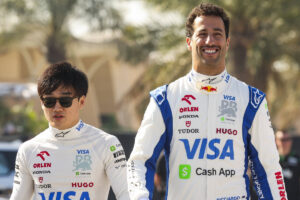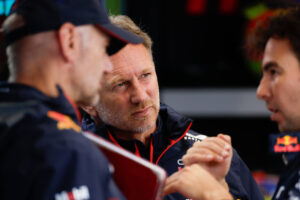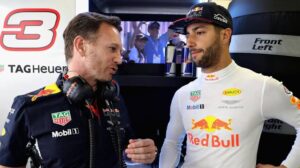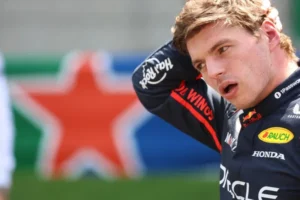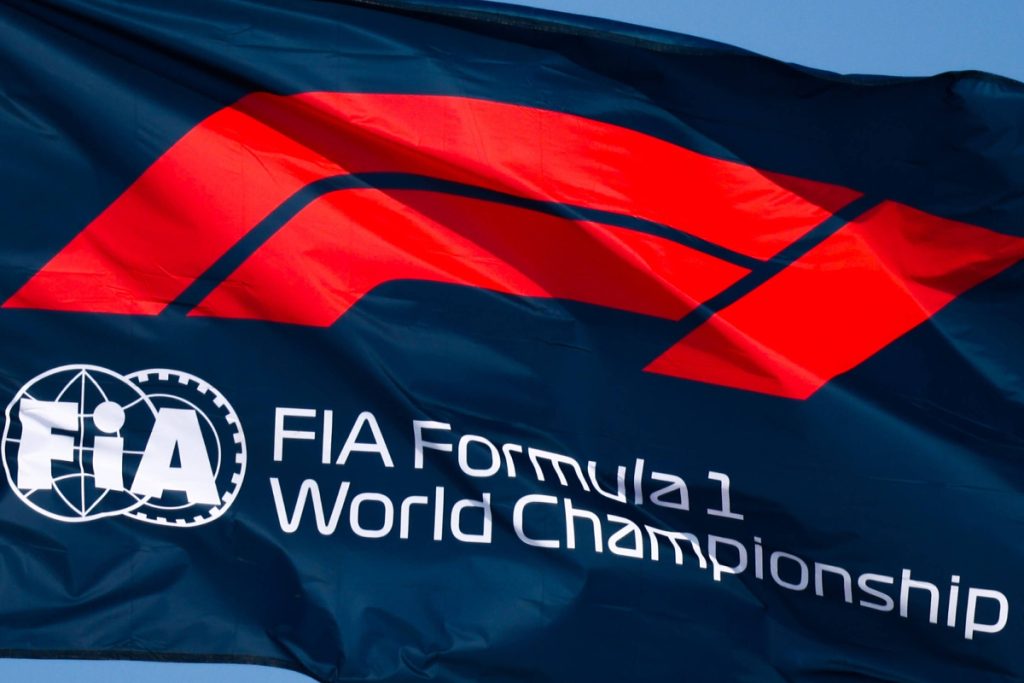
F1 rocked by SHOCK double resignation
Formula 1 is facing a period of uncertainty following the unexpected resignations of two major figures in the organization: Niels Wittich, F1’s race director, and Greg Maffei, CEO of Liberty Media, the sport’s parent company.
These departures have sparked widespread concern and speculation over F1’s future direction, especially given the timing late in the 2024 season.
The FIA, which governs F1, announced Wittich’s resignation, stating that he was leaving to “pursue other interests.” However, Wittich quickly contradicted this, telling Motorsport Magazin that he did not leave by choice but was instead dismissed.
The timing of his departure has raised questions, as it comes just before the Las Vegas Grand Prix, a critical event with three races left in the season. Rui Marques, Wittich’s replacement, previously directed the Formula 2 and Formula 3 series for the FIA.
Marques now faces the difficult task of managing the high-stakes demands of Formula 1, especially in Las Vegas, a venue known for record-breaking overtakes, with 99 in last year’s race alone.
Wittich’s time as race director was marked by both improvements and controversies. Following the departure of his predecessor Michael Masi in 2022, Wittich stepped into a role already under intense public scrutiny.
His decisions were sometimes praised, but his recent choices—such as delaying the red flag during qualifying and issuing a virtual safety car in the last race in Brazil—drew significant criticism.
Some observers believe that increased pressure from within the FIA contributed to his exit, particularly under the leadership of FIA President Mohammed Ben Sulayem, who took office in 2022 and has occasionally been accused of overstepping his authority.
Ben Sulayem’s leadership has previously attracted controversy, including disputes with drivers, such as Lewis Hamilton, over issues like cockpit jewelry restrictions. Earlier this year, Ben Sulayem was cleared of any alleged misconduct by an internal FIA investigation.
Meanwhile, the announcement that Greg Maffei will step down as Liberty Media CEO at the end of 2024 has added to the sense of upheaval.
A longtime Liberty Media executive, Maffei has overseen a period of remarkable growth for F1, particularly in the U.S., since Liberty’s acquisition of the sport in 2017.
Under Maffei, F1 transformed from a motorsport brand into a major global entertainment property, and Liberty has been looking to expand further by acquiring Dorna Sports, the organization behind MotoGP.
However, this acquisition has attracted the attention of European regulators, who are investigating the potential for anti-competitive practices.
Liberty’s recent rejection of Andretti Global’s application to join the F1 grid has also led to questions about possible barriers to competition in the sport.
Formula E founder Alejandro Agag voiced concerns about Liberty’s expanding influence, warning that owning multiple racing series could lessen the negotiating power of broadcasters and restrict the ability of new teams to enter the sport.
In a recent interview with the Financial Times, Agag commented, “From the point of view of competition law, I think there are significant challenges,” suggesting that the European Commission will carefully scrutinize Liberty’s MotoGP acquisition.
The regulatory review may take several months, and Maffei’s decision to step down could be an effort to avoid getting entangled in the anticipated regulatory complications.
With John Malone, Liberty’s chairman, taking on the role of interim CEO, all eyes are now on Liberty Media’s next moves, particularly in managing the antitrust investigation and how this may impact F1’s global accessibility and reach.
The changes in leadership also present a potential shift in Liberty’s strategic goals for the sport, which may now need to balance expansion goals with a renewed focus on regulatory compliance.
These high-profile departures have cast a shadow over F1’s immediate future, leaving the FIA to stabilize race management in the final races of the season while Liberty navigates growing scrutiny over its market power.
Both the FIA and Liberty Media are now at critical junctures: for the FIA, it is a matter of regaining stability in its operational practices; for Liberty, it is about maintaining its influence without breaching competition laws.
The sudden exits of Wittich and Maffei underscore the underlying tensions within F1’s governance.
Both fans and teams have been reminded that, while F1 is renowned for its on-track drama, equally significant issues often play out behind the scenes in executive boardrooms and in regulatory discussions.
How the FIA and Liberty Media handle these leadership changes and regulatory challenges will be crucial for F1’s long-term success, as the sport strives to keep pace with both its commercial ambitions and its obligations to fair competition.
As the 2024 season nears its end, F1’s resilience in the face of these disruptions could define its future trajectory.
The sport’s ability to weather these changes, maintain operational integrity, and continue growing may influence its path over the coming years.

